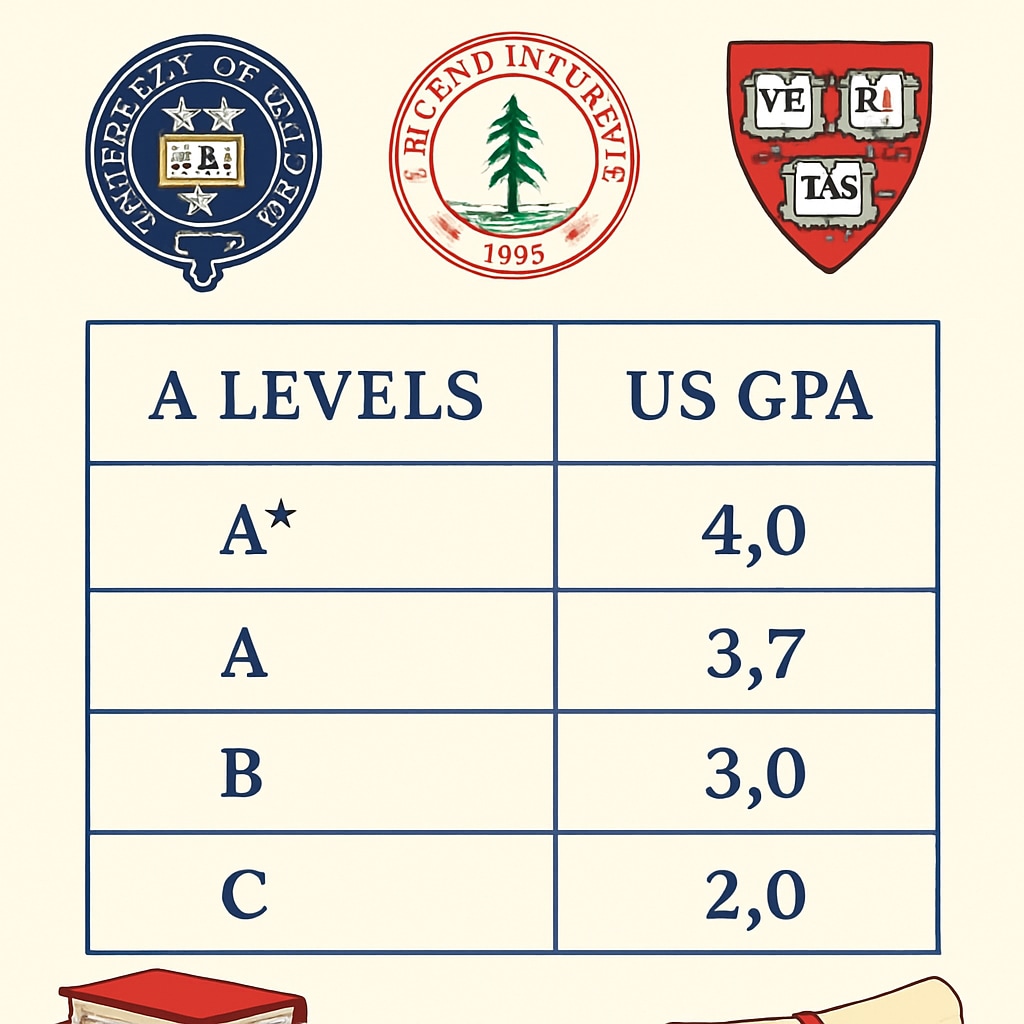For students with A Levels pursuing US university applications, understanding how this British qualification translates in American admissions is crucial. Unlike the UK’s centralized system, US colleges evaluate applications holistically, considering A Levels alongside other factors like extracurriculars and essays.

How US Universities Evaluate A Levels
American institutions generally recognize A Levels as rigorous preparation. According to NACAC, many colleges consider them equivalent to Advanced Placement (AP) courses. Key evaluation aspects include:
- Grade equivalency: A*/A often translates to 4.0 GPA
- Subject relevance: STEM A Levels particularly valued
- Depth vs breadth: US schools appreciate specialization
Maximizing Your British Curriculum Advantage
To strengthen your application, consider these strategies:
- Select complementary subjects showing academic range
- Highlight research projects or extended essays
- Explain grading differences in additional materials

Many universities offer credit for high A Levels scores, potentially reducing college costs. For instance, University of Michigan grants up to 30 credits for three A* grades. However, policies vary significantly by institution.
Pro Tip: Always contact admissions offices directly for their latest A Levels policies, as recognition standards can change annually.


